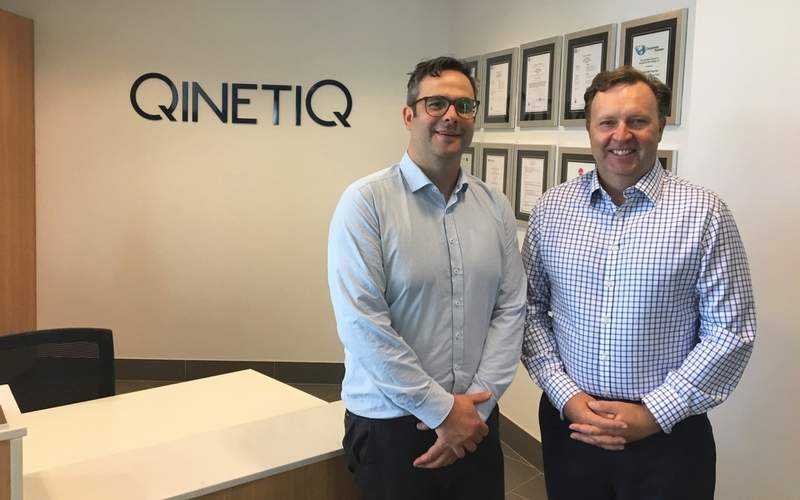
Australia’s national science agency CSIRO has collaborated with QinetiQ to develop an advanced crystal technology, called metal-organic frameworks (MOFs), to allow submarines to remain underwater for longer periods.
If successful, the latest technology is expected to be a part of the Australian Government’s Future Submarines Program (SEA1000).
Under the SEA1000 programme, the Royal Australian Navy (RAN) will perform the design and construction of 12 new advanced submarines in Adelaide.
With a range of more than 33,000km, the future RAN submarines will be capable of operating independently for up to 80 days.
The carbon dioxide (CO2) emitted by the submariners and other chemical processes within the vessel eventually become toxic within the enclosed space of the submarine.
CO2 scrubbers help avoid the toxic build-up as they can be used to remove the CO2 from a submarine’s atmosphere and store it for later release.
How well do you really know your competitors?
Access the most comprehensive Company Profiles on the market, powered by GlobalData. Save hours of research. Gain competitive edge.

Thank you!
Your download email will arrive shortly
Not ready to buy yet? Download a free sample
We are confident about the unique quality of our Company Profiles. However, we want you to make the most beneficial decision for your business, so we offer a free sample that you can download by submitting the below form
By GlobalDataHowever, the existing scrubbers can take up a large amount of the limited space, weight and power available in submarines.
They can also produce corrosive by-products, which have health and sustainment implications in the close environment of a submarine.
CSIRO project leader Matthew Hill said: “Together, we’ll be testing whether advanced materials known as MOFs can allow submarines to remain submerged longer.
“MOFs have the largest internal surface area of any known substance, which can be optimised to capture gases such as CO2. The more CO2 MOFs can capture and store, the longer a submarine can potentially remain underwater, undetected.”
According to QinetiQ, the new MOFs technology would be capable of using a smaller amount of space, in addition to placing less demand on the systems of the submarine, as well as would not depend on damaging gases.
QinetiQ Australia managing director Greg Barsby said: “If proven, MOFs could give Australian submarines an edge: a performance advantage that lets them dive longer while placing less demand on a submarines precious space and weight, as well as critical systems such as power.”
If operational, the system would be integrated into the Australian Navy’s existing submarines such as the Collins-class, in order to extend their operational life and capabilities.



